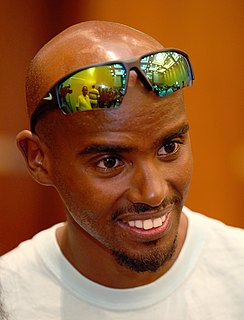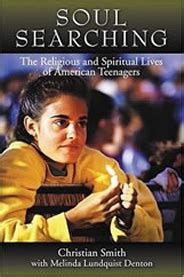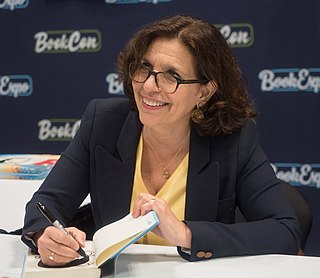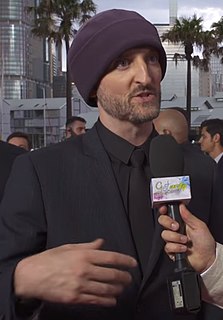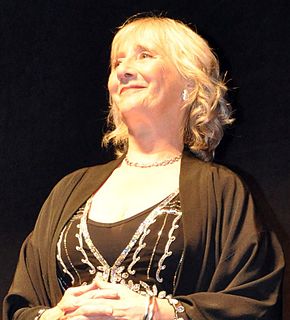A Quote by Chelsea Handler
You either become like your parents or you become the opposite of your parents. And I like to think that I'm the opposite of my parents.
Related Quotes
You like to explore things, and your parents don't like it because it gets the pots and pans dirty, and because it's noisy - but for you it's fun, you're resting. You're actually doing experiments... Just tell your parents that they're experiments, and you want to become a scientist, and then they won't stop you from doing anything you want.
Every child is simple, just a clean slate. Then the parents start writing on his slate - what he has to become. Then the teachers, the priests, the leaders - they all go on emphasizing that you have to become somebody; otherwise, you have wasted your life. Just the opposite is the case. You are a being. You need not become anybody else. That is the meaning of simplicity: remaining at ease with one's being, and not going on any track of becoming - which is unending.
The clergy profession is fundamentally self-defeating. Its stated purpose is to nurture spiritual maturity in the church - a valuable goal. In actuality, however; it accomplishes the opposite by nurturing a permanent dependence of the laity on the clergy. Clergy become to their congregations like parents whose children never grow up, like therapists whose clients never become healed, like teachers whose students never graduate.
I think private school is much better at customer service and making the parents feel better, especially in Los Angeles. It's almost like a spa for the parents where you drop your kids off, where they give you a beautifully baked thing and let the parents write their own newsletter about global warming.
There is a period in your life when you need your parents and a period in your life where you only think you need your parents. Something clicks, there's a little switch that goes and your parents, who had been the wind beneath your wings, through no fault of their own can start to oppress a bit, can start to stop you doing stuff.
I think it's true about people now being closer to their parents, since the '60s, really. The parents are no longer from a different planet, the 1950s ideas of American family. We could be friends with our parents. After the '60s, it wasn't like a person smoking pot was what the parents would be appalled at.



